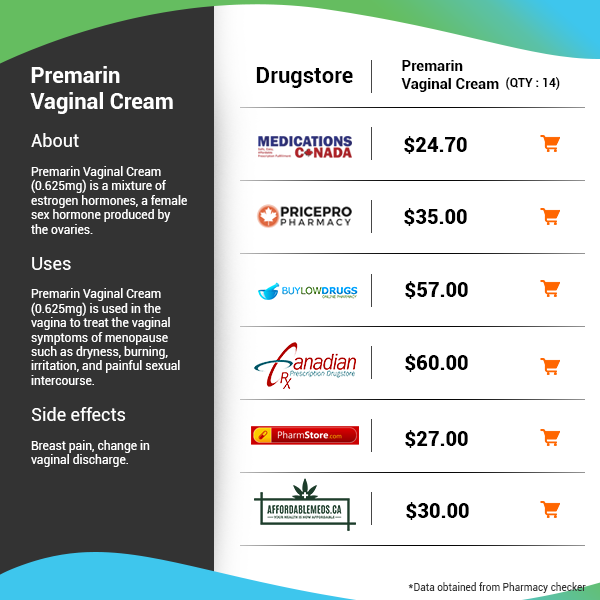IBS treatments and techniques for prevention
IBS treatments are designed to alleviate the symptoms of this gastrointestinal disorder and improve the quality of your life. The type and severity of your symptoms will depend on the course of treatment you or your health care provider chose.Irritable bowel syndrome (IBS) may include a range of symptoms involving abdominal pain, cramping, fatigue, diarrhea, and constipation. It is important to try to develop a good understanding of how IBS is caused by diet, stress, and other life factors.
By paying attention to these factors, you and your physician will better determine what may be needed to improve your symptoms. It's also important to share information about your symptoms with your physician openly.
The trick to effective communication is that it should be easy to ask and answer questions about your situation. IBS people with better interactions with their doctors often seem to have improved symptom control. IBS therapies fell into a few broad categories:
- Behavioral improvements
- Prescription Medication
- Psychotherapy (talk therapy)
- Alternative remedies
You may find it possible to adopt a less aggressive approach to avoiding the symptoms rather than growing them once you find a successful IBS management strategy.
Mild cases of IBS can often be managed by:
- Avoiding trigger foods
- Increasing your fiber intake, which can relieve constipation
- Exercising more
- Getting enough sleep
- Drinking enough fluids
- Avoiding stressful situations
Related article: 5 Health Benefits of Cycling daily
Medicines are usually not the first line of IBS treatment, but they may be of assistance to people with moderate to severe symptoms who have been ineffective in trying different dietary approaches. You can buy prescription drugs online from Canadian pharmacies as they save money up to 30- 80%.
Based on your symptoms, your physician can prescribe one or more of the following:
Fiber supplements: You should take a variety of supplements containing different forms of fiber if it is not sufficient to improve fiber in your diet. This is especially aimed at constipation sufferers.
Laxatives: Often the next step is to try a medication that enhances bowel movements if fiber supplements do not relieve constipation efficiently.
Smooth muscle relaxants: Intestinal cramping, abdominal pain, and vomiting spells may aid with these drugs. In some instances, though, they can cause constipation.
Antidiarrheal medicines: If you have frequent diarrhea, you may be able to take a medication, such as Imodium (loperamide), which decreases fluid flow through your bowel or enhances stool quality.
Antidepressants: Through working on your nervous system, your physician can recommend some forms of antidepressants (tricyclic or selective serotonin reuptake inhibitors) to reduce pain or diarrhea, even if you do not experience anxiety, but particularly if you do so. Usually, a lower dosage of these medications is given to people without anxiety.
Pain relievers: Some drugs that work on pain in the brain's sensory centers can help relieve severe abdominal pain or bloating.
Related article: Detroit Man with Down syndrome Recovers from Covid-19
Antibiotics: If your physician believes that there is an infection in the intestinal bacteria that causes the symptoms, you may take drugs to kill these bacterial strains. The goal is to allow healthy bacteria to flourish, not scrub them all out.
IBS-specific medications: A number of medicines are intended to treat the symptoms associated with IBS. These medications for IBS include: Lotronex (alosetron), Viberzi (eluxadoline), Xifaxan (rifaximin), Amitiza (lubiprostone), and Linzess (linaclotide). Xifaxan is used to manage irritable bowel syndrome (IBS) in adults with the primary sign of diarrhea. Xifaxan is also used to reduce the risk of declining brain function in adults with liver failure.
NOTE: This sheet is a summary. It may not cover all possible information. If you have questions about this medicine, talk to your doctor, pharmacist, or health care provider.
DISCLAIMER: This content is provided for informational purposes only. The content is not intended to be a substitute for professional medical advice, diagnosis, or treatment. Patients should always consult their physicians with any questions regarding a medical condition and to obtain medical advice and treatment.
Antibiotics: If your physician believes that there is an infection in the intestinal bacteria that causes the symptoms, you may take drugs to kill these bacterial strains. The goal is to allow healthy bacteria to flourish, not scrub them all out.
IBS-specific medications: A number of medicines are intended to treat the symptoms associated with IBS. These medications for IBS include: Lotronex (alosetron), Viberzi (eluxadoline), Xifaxan (rifaximin), Amitiza (lubiprostone), and Linzess (linaclotide). Xifaxan is used to manage irritable bowel syndrome (IBS) in adults with the primary sign of diarrhea. Xifaxan is also used to reduce the risk of declining brain function in adults with liver failure.
NOTE: This sheet is a summary. It may not cover all possible information. If you have questions about this medicine, talk to your doctor, pharmacist, or health care provider.
DISCLAIMER: This content is provided for informational purposes only. The content is not intended to be a substitute for professional medical advice, diagnosis, or treatment. Patients should always consult their physicians with any questions regarding a medical condition and to obtain medical advice and treatment.



Comments
Post a Comment